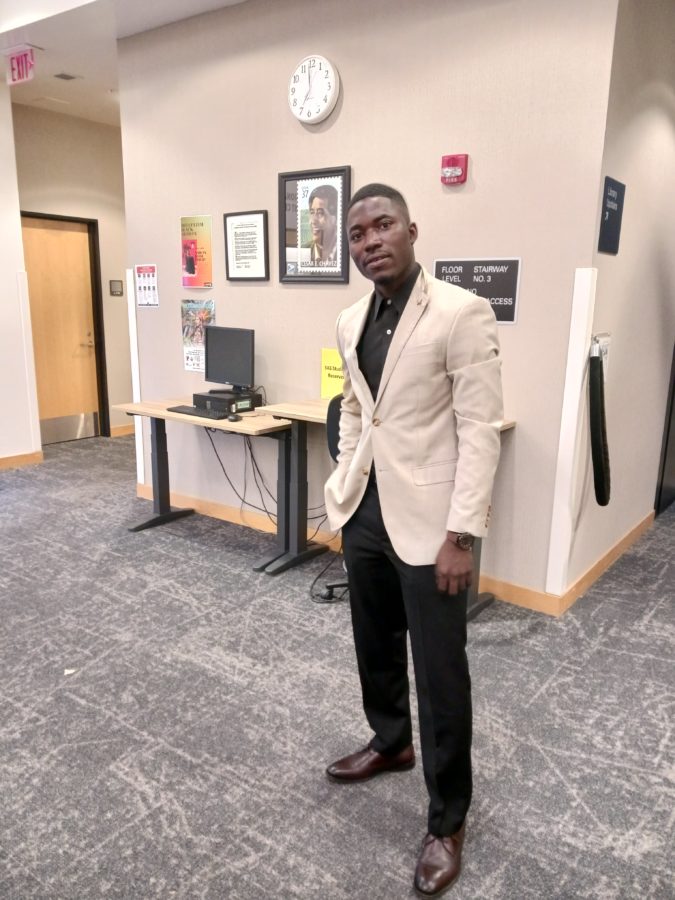Accuracy over speed
The first aspect of news the audience must receive from the media is accuracy.
It seems media has given more importance to breaking news before their fellow network competitors rather than verifying the information that will be presented on the air, online or radio.
The most recent example was when media, in a rush to announce the news first, reported that bombs were detonated in Bataclan in the Paris concert hall attack. Media only spoke of bombs detonating while they presented video and audio of nearby places that captured sounds of gunfire, but continuously claimed it was only bombs, but later retracted and reported it was several suspects shooting at the concert attendees. The media also claimed one of the bombers in another Paris attack was the first-ever female suicide bomber when in fact she dies during the attacks, but was killed during the raids. The media made things worse when they incorrectly identified Nabila Bakkatha as the female bomber. It was later reported Bakkatha was not part of the terrorist attacks and was home the whole time.
American media washes its hands by deleting all content from websites and social media and a small, quiet retraction and then they move on.
Media suffers from a short attention span. The media seems to cover a story only in its first stages and then moves on from there.
Consider the coverage of the conflict of Syrian refugees. Some refugees are traveling to Europe while others relocated in other countries in the Middle East fleeing from their country to escape war and extremist groups. Some refugees traveled for several days while others have spent months looking for a country to take them in.
Media covered the refugees throughout their voyage within the first week depicting their struggles and reporting the reasons they left their homeland, but did not continue to report on the refugees. Instead, they shifted their focus on the political aspect; commentating whether it was right or wrong for countries to shelter refugees, instead on the human aspect.
The conflict between Russia and Ukraine also was only covered for as long as it gave good ratings. Weeks after the mainstream media stopped giving updates on the conflict only public broadcast channels such as Link TV continued informing on developments.
The economic crisis Greece is facing and the xenophobic conflict in South Africa; citizens damaged property of businesses owned by non-citizens because they believed non-citizens were taking the few jobs available and citizens believed those jobs belonged to them, are few of many examples of how U.S. mainstream media covers world news mainly in its “new” stage.
It is time to demand more of these “news” outlets. Accuracy is the priority over speed, exclusives and profit. Besides, if a specific news station demonstrates over time they are accurate, then its audience will rely on them for information which will increase ratings and profit. It is called the domino effect.
We change the priorities by being active in social media, in the outlet’s webpage and by calling and leaving messages that we want to know the outcomes, if any, on the world’s events, but mainly emphasizing that we do not want to be misinformed and if they cannot provide accurate information, we will move on to a network that will.
If we do not use our voice, we cannot be heard.






